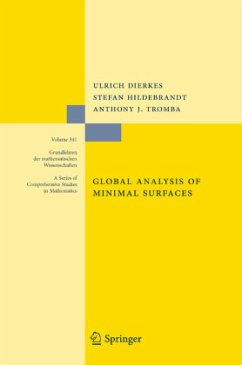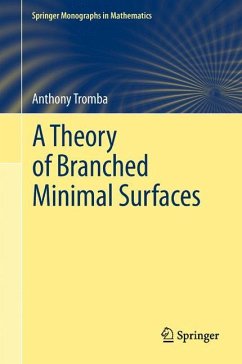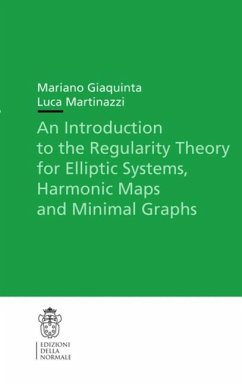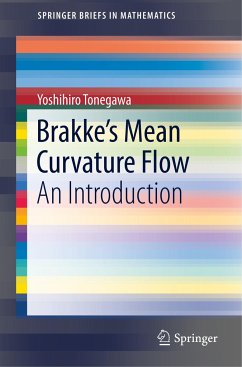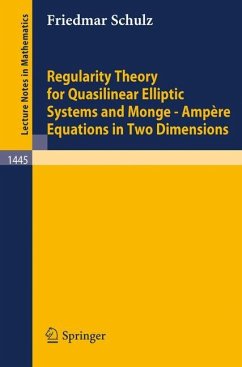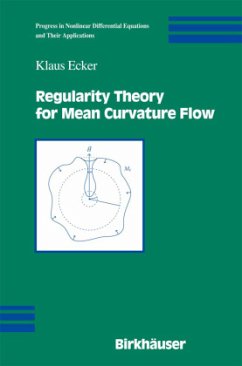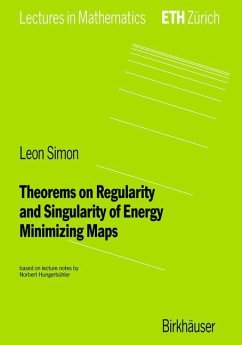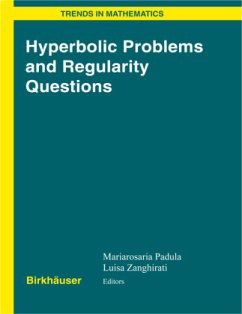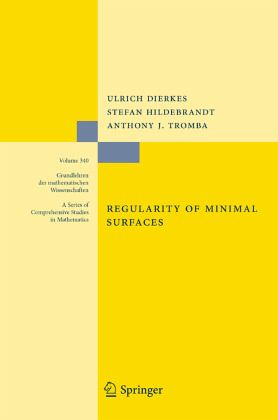
Regularity of Minimal Surfaces
Versandkostenfrei!
Versandfertig in 1-2 Wochen
116,99 €
inkl. MwSt.
Weitere Ausgaben:

PAYBACK Punkte
58 °P sammeln!
Regularity of Minimal Surfaces begins with a survey of minimal surfaces with free boundaries. Following this, the basic results concerning the boundary behaviour of minimal surfaces and H-surfaces with fixed or free boundaries are studied. In particular, the asymptotic expansions at interior and boundary branch points are derived, leading to general Gauss-Bonnet formulas. Furthermore, gradient estimates and asymptotic expansions for minimal surfaces with only piecewise smooth boundaries are obtained. One of the main features of free boundary value problems for minimal surfaces is that, for pri...
Regularity of Minimal Surfaces begins with a survey of minimal surfaces with free boundaries. Following this, the basic results concerning the boundary behaviour of minimal surfaces and H-surfaces with fixed or free boundaries are studied. In particular, the asymptotic expansions at interior and boundary branch points are derived, leading to general Gauss-Bonnet formulas. Furthermore, gradient estimates and asymptotic expansions for minimal surfaces with only piecewise smooth boundaries are obtained. One of the main features of free boundary value problems for minimal surfaces is that, for principal reasons, it is impossible to derive a priori estimates. Therefore regularity proofs for non-minimizers have to be based on indirect reasoning using monotonicity formulas.This is followed by a long chapter discussing geometric properties of minimal and H-surfaces such as enclosure theorems and isoperimetric inequalities, leading to the discussion of obstacle problems and of Plateau´s problem for H-surfaces in a Riemannian manifold.A natural generalization of the isoperimetric problem is the so-called thread problem, dealing with minimal surfaces whose boundary consists of a fixed arc of given length. Existence and regularity of solutions are discussed.The final chapter on branch points presents a new approach to the theorem that area minimizing solutions of Plateau´s problem have no interior branch points.



